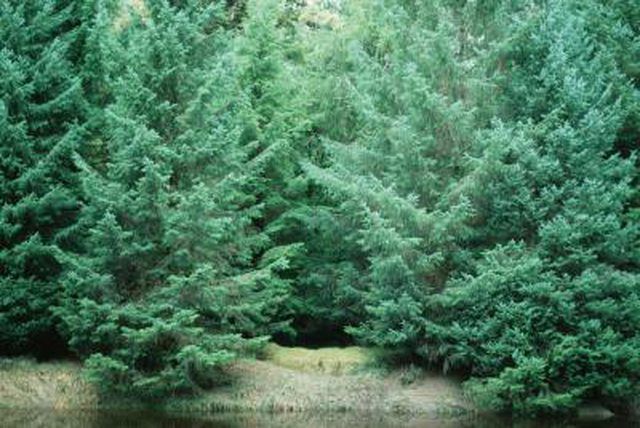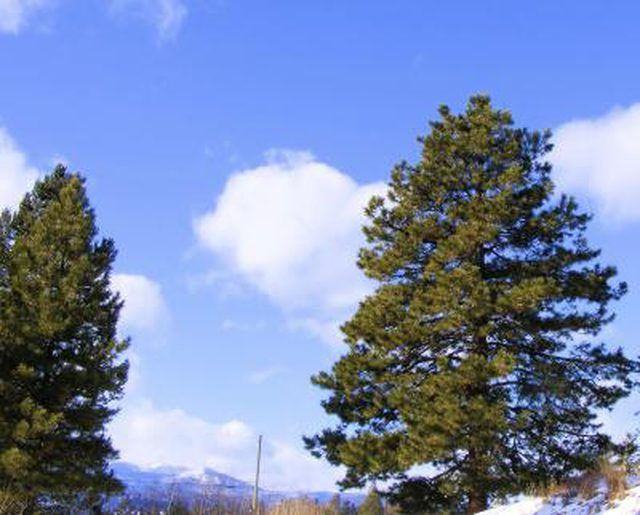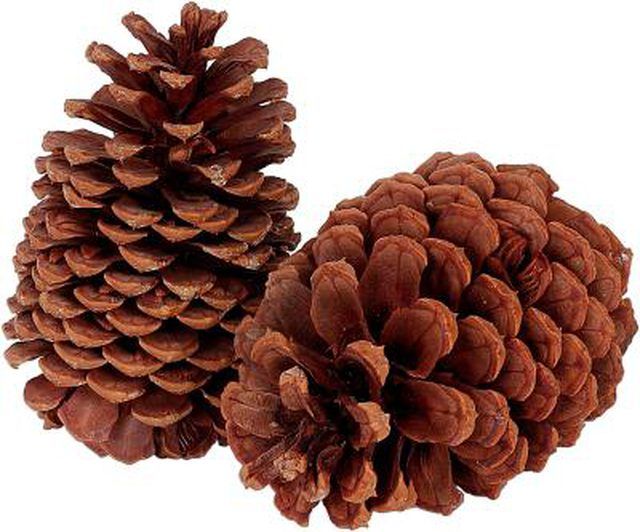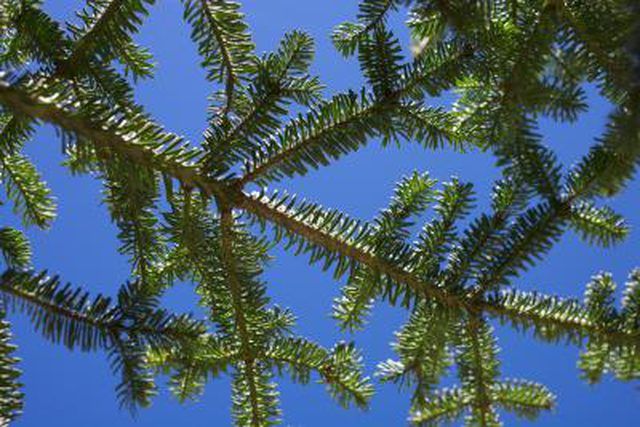Bulbs
Flower Basics
Flower Beds & Specialty Gardens
Flower Garden
Garden Furniture
Garden Gnomes
Garden Seeds
Garden Sheds
Garden Statues
Garden Tools & Supplies
Gardening Basics
Green & Organic
Groundcovers & Vines
Growing Annuals
Growing Basil
Growing Beans
Growing Berries
Growing Blueberries
Growing Cactus
Growing Corn
Growing Cotton
Growing Edibles
Growing Flowers
Growing Garlic
Growing Grapes
Growing Grass
Growing Herbs
Growing Jasmine
Growing Mint
Growing Mushrooms
Orchids
Growing Peanuts
Growing Perennials
Growing Plants
Growing Rosemary
Growing Roses
Growing Strawberries
Growing Sunflowers
Growing Thyme
Growing Tomatoes
Growing Tulips
Growing Vegetables
Herb Basics
Herb Garden
Indoor Growing
Landscaping Basics
Landscaping Patios
Landscaping Plants
Landscaping Shrubs
Landscaping Trees
Landscaping Walks & Pathways
Lawn Basics
Lawn Maintenance
Lawn Mowers
Lawn Ornaments
Lawn Planting
Lawn Tools
Outdoor Growing
Overall Landscape Planning
Pests, Weeds & Problems
Plant Basics
Rock Garden
Rose Garden
Shrubs
Soil
Specialty Gardens
Trees
Vegetable Garden
Yard Maintenance
Fraser Fir vs. Balsam Fir
Fraser Fir vs. Balsam Fir. The Fraser fir and balsam fir are closely related and share many characteristics. The two trees may have evolved from the same species. Both trees make excellent Christmas trees for their needle retention, deep green color, ideal shape and pleasing scent.
The Fraser fir and balsam fir are closely related and share many characteristics. The two trees may have evolved from the same species. Both trees make excellent Christmas trees for their needle retention, deep green color, ideal shape and pleasing scent.

Balsam firs are found in Canada and the northern United States. Fraser firs grow in the southern Appalachian Mountains and in parts of Virginia, North Carolina and Tennessee. The Fraser fir is sometimes known as the southern balsam fir.

The main difference between the Fraser fir and the balsam fir is the construction of their pinecones. The bracts, specialized leaves associated with the tree’s reproduction, are longer than the scales on a Fraser fir pinecone, which makes them curve downward. On a balsam pinecone, the bracts are shorter and hidden beneath the scales.

Fraser firs typically reach heights of 80 feet, while balsam firs are shorter, at 40 to 60 feet. In Christmas tree farms, the Fraser fir matures slightly faster than the balsam. Fraser firs reach six to seven feet in seven to ten years, while balsams reach the same height in nine to ten years.
